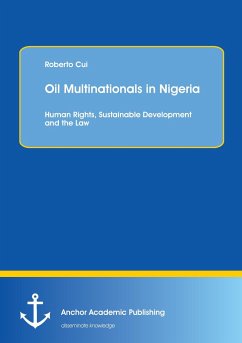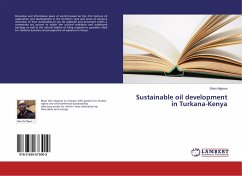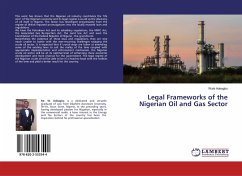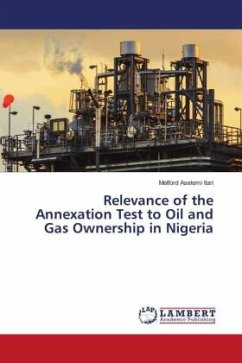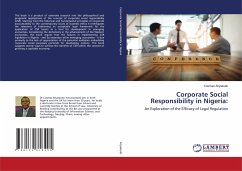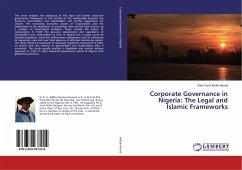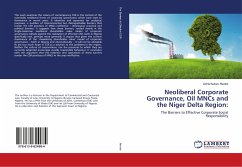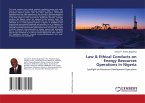Decades of irresponsible oil exploitation in the Niger Delta have caused a water and air pollution which does not have many comparisons anywhere else. In an already fragile country as Nigeria, characterised by weak democratic institutions and poor economic governance, this situation has led to increasing discontent and violence towards both the government and the oil multinationals. These two actors co-operate for the maximisation of oil profits and revenues while, at the same time, excluding local host communities from the participation in the oil development projects, preventing them from achieving a sustainable development, violating their human rights, and compromising their livelihoods.
This book analyses the legal framework of Nigeria in the oil sector and the peculiarities of the country in order to provide a critical overview of the issues, demonstrating that the amendment of the domestic Acts dealing with the topic, as well as the remediation to the damages caused by oil multinationals, are no longer deferrable. The final aim is to suggest a pattern to sustainable oil development which, by means of applying the concepts of Corporate Social Responsibility, would help to quell the conflict, to improve the local people s standards of life, and to make Nigeria emerge as a socio-environmentally responsible African resource-rich country.
This book analyses the legal framework of Nigeria in the oil sector and the peculiarities of the country in order to provide a critical overview of the issues, demonstrating that the amendment of the domestic Acts dealing with the topic, as well as the remediation to the damages caused by oil multinationals, are no longer deferrable. The final aim is to suggest a pattern to sustainable oil development which, by means of applying the concepts of Corporate Social Responsibility, would help to quell the conflict, to improve the local people s standards of life, and to make Nigeria emerge as a socio-environmentally responsible African resource-rich country.

